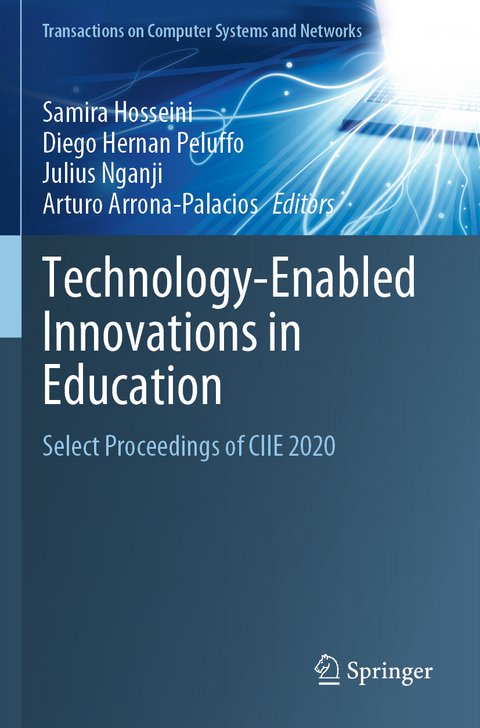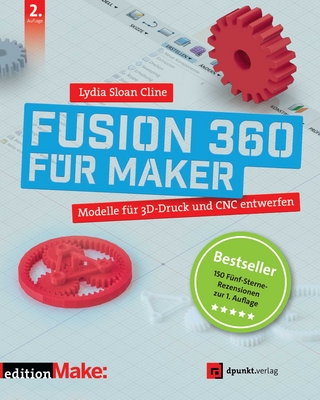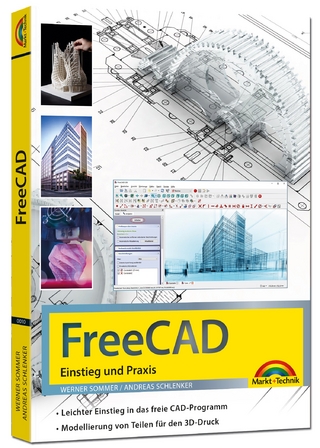
Technology-Enabled Innovations in Education
Springer Verlag, Singapore
978-981-19-3385-1 (ISBN)
Samira Hosseini obtained her B.Sc. degree in Applied Physics from the University of North Tehran, Iran, and her M.Sc. degree in Polymer Chemistry and a Ph.D. degree in Biomedical Engineering from the University of Malaya, Kuala Lumpur, Malaysia. She served as a Postdoctoral Associate at Tecnologico de Monterrey, Mexico, and as a postdoctoral fellow at the Massachusetts Institute of Technology, Cambridge, USA. Currently, she is the Director of the Writing Lab in the Center for Educational Innovation at Tecnologico de Monterrey, Mexico. She also holds the position of research professor at the School of Engineering and Sciences, Tecnologico de Monterrey, Mexico. She is the author/co-author of more than 60 scientific publications and the inventor/co-inventor of 5 intellectual properties in addition to holding editorial position in multiple international journals. She is a member of the Mexican National Academy of Researchers (level one) and is on the Editorial Board of different international journals. Diego Hernan Peluffo received his degree in Electronic Engineering, M.Eng. and Ph.D. from the Universidad Nacional de Colombia - Manizales, Colombia, in 2008, 2010, and 2013, respectively. In 2012, he undertook his doctoral internship at KU Leuven - Leuven, Belgium. From 2013 to 2014, he worked as Postdoctoral Researcher at Université Catholique de Louvain - Louvain la-Neuve, Belgium. Currently, he is working as an Assistant Professor in the Modeling, Simulation and Data Analysis (MSDA) Research Program at Mohammed VI Polytechnic University, Morocco. He is also working as a consultant/curriculum author at deeplearning.ai. He is the Founder and Head of the SDAS Research Group. He is an external collaborator at Writing Lab from Tecnológico de Monterrey - Mexico. Julius Nganji received his M.Sc. in Website Design and Development, a Postgraduate Diploma in Research Training, and a Ph.D. in Computer Science from the University of Hull, UK. His research interests are in e-learning personalization, digital accessibility, usability, human-computer interaction, and special education technology. He collaborates with other researchers worldwide on various research projects and publishes findings in journals, conference proceedings, and chapters. Currently, he is an Adjunct Lecturer at the University of Toronto. Arturo Arrona-Palacios obtained his B.Sc. and M.Sc. degree in Criminology and Forensic Sciences from the Autonomous University of Tamaulipas in Reynosa, Tamaulipas, Mexico. He received his Ph.D. in Psychology from the Autonomous University of Nuevo Leon, Monterrey, Mexico. Currently, he is a part of the Brigham and Women’s Hospital and Harvard University, the United States. He is the author/co-author of various scientific articles, conference proceedings, and chapters. He is a member of the National Academy of Researchers in the National Council of Science and Technology in Mexico and is part of the editorial board of the journalSleep Advances from the Sleep Research Society.
Natural Language Processing for Video Essays and Podcasts in Engineering.- Action Research as a Way to Guide Research Projects in Engineering.- A Contrast-Pattern Characterization of Web Site Visitors in Terms of Conversions.- Massive-Flexible Digital Courses During COVID-19 Pandemic: From Course Structure to Enabling Tools.- Design of a Novel High School Mathematics Class Through the Usability Analysis of a Robot Implementation.
| Erscheinungsdatum | 04.10.2023 |
|---|---|
| Reihe/Serie | Transactions on Computer Systems and Networks |
| Zusatzinfo | 151 Illustrations, color; 44 Illustrations, black and white; XXIV, 629 p. 195 illus., 151 illus. in color. |
| Verlagsort | Singapore |
| Sprache | englisch |
| Maße | 155 x 235 mm |
| Themenwelt | Schulbuch / Wörterbuch ► Unterrichtsvorbereitung ► Unterrichts-Handreichungen |
| Informatik ► Grafik / Design ► Digitale Bildverarbeitung | |
| Informatik ► Theorie / Studium ► Künstliche Intelligenz / Robotik | |
| Sozialwissenschaften ► Pädagogik | |
| Schlagworte | Artificial Intelligence • augmented reality • Digital technologies • Educational Innovation • Gamification • Hologram • Information and Communication Technologies • internet of things • machine learning • Simulations • Smart Devices • Virtual Reality |
| ISBN-10 | 981-19-3385-5 / 9811933855 |
| ISBN-13 | 978-981-19-3385-1 / 9789811933851 |
| Zustand | Neuware |
| Informationen gemäß Produktsicherheitsverordnung (GPSR) | |
| Haben Sie eine Frage zum Produkt? |
aus dem Bereich


